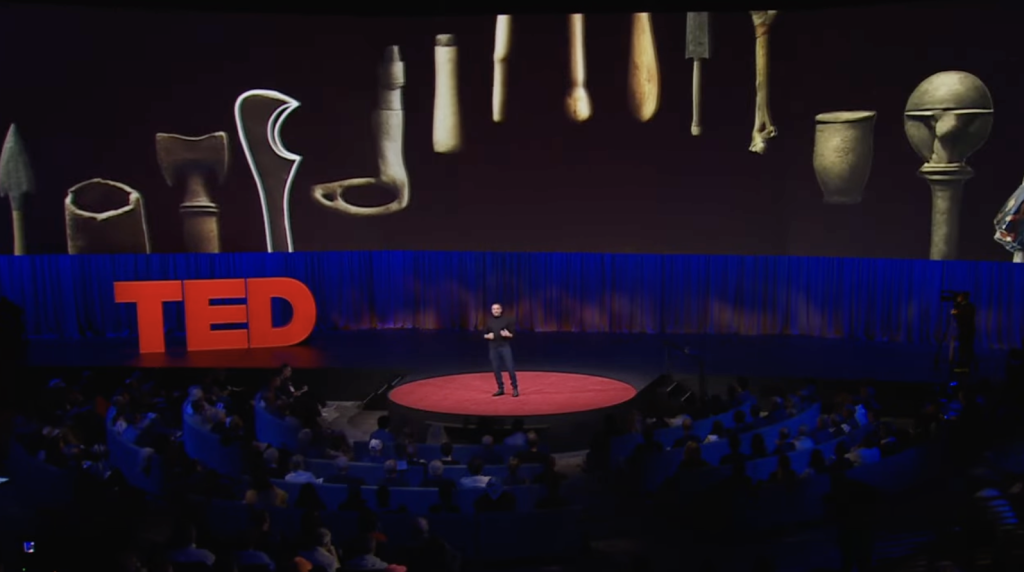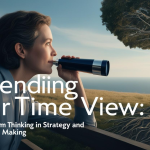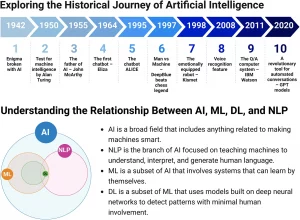In a world of ongoing technological evolution, artificial intelligence (AI) has carved an impressive path, emerging from a niche area of study to become one of the main drivers of the global tech revolution. At the TED conference, Mustafa Suleyman, a visionary and pioneer in AI, offered a profound and stimulating analysis on the evolution of this technology, from its pioneering days to its current and future role as a catalyst for social and technological change.
From Niche Curiosity to Global Revolution
When Mustafa Suleyman began exploring the field of artificial intelligence, it was perceived by many as exclusive terrain for academics and visionaries. The idea of building machines capable of autonomous learning and independent decision-making seemed confined to the realms of science fiction. However, the success of systems like DeepMind’s AlphaGo against world Go champion Lee Sedol marked a significant turning point. This victory not only showcased AI’s strategic capabilities but also shifted public perception of AI from a mere computational tool to a potential revolutionary force across a wide range of applications.
The Growing Impact of AI in the Real World
AI has demonstrated its potential in numerous sectors: from medicine to logistics, from education to customer service. For example, in healthcare, AI helps diagnose diseases with accuracy and speed surpassing traditional methods. AI systems are employed to quickly analyze thousands of medical images to detect tumors, cardiovascular diseases, and other conditions with remarkable precision.
In the field of education, AI personalizes learning based on the abilities and pace of each student. Platforms like Khan Academy and Coursera use AI algorithms to tailor learning paths, making education more accessible and personalized than ever.
Ethics and Future Challenges
Despite its successes, the rise of AI raises significant ethical issues, such as data privacy, employment, and safety. Suleyman emphasized the need for an open and regulated discussion on AI development, to ensure that benefits are evenly distributed while minimizing potential risks. The main concern remains how AI will impact the labor market and what strategies will be necessary to manage the transition of work skills.
AI as a Metaphor for a New Digital Species
Suleyman proposes a provocative view of AI as a “new digital species,” suggesting that this technology could evolve to the point of having its own “digital life.” This metaphor is useful to understand how AI might integrate into human society as a digital companion, not only performing tasks but interacting with us in increasingly meaningful ways. This vision paves the way for futures where AI could act as a personal assistant, a medical adviser, or a creative partner, contributing in ways that go well beyond mere automation.
Towards a Shared Future
Concluding his speech at TED, Mustafa Suleyman urged the global community to consider AI not just as an advanced technological tool, but as a potential amplifier of humanity’s noblest qualities. As we proceed in this era of unprecedented discoveries, it is crucial to maintain an inclusive and multilateral dialogue on how to shape AI development, so that it can effectively serve the common good and reflect fundamental human values. Suleyman’s approach calls for critical reflection on how we can ensure that AI, as it continues to evolve, remains a tool for enhancing life on this planet, enriching and not replacing the human experience.









